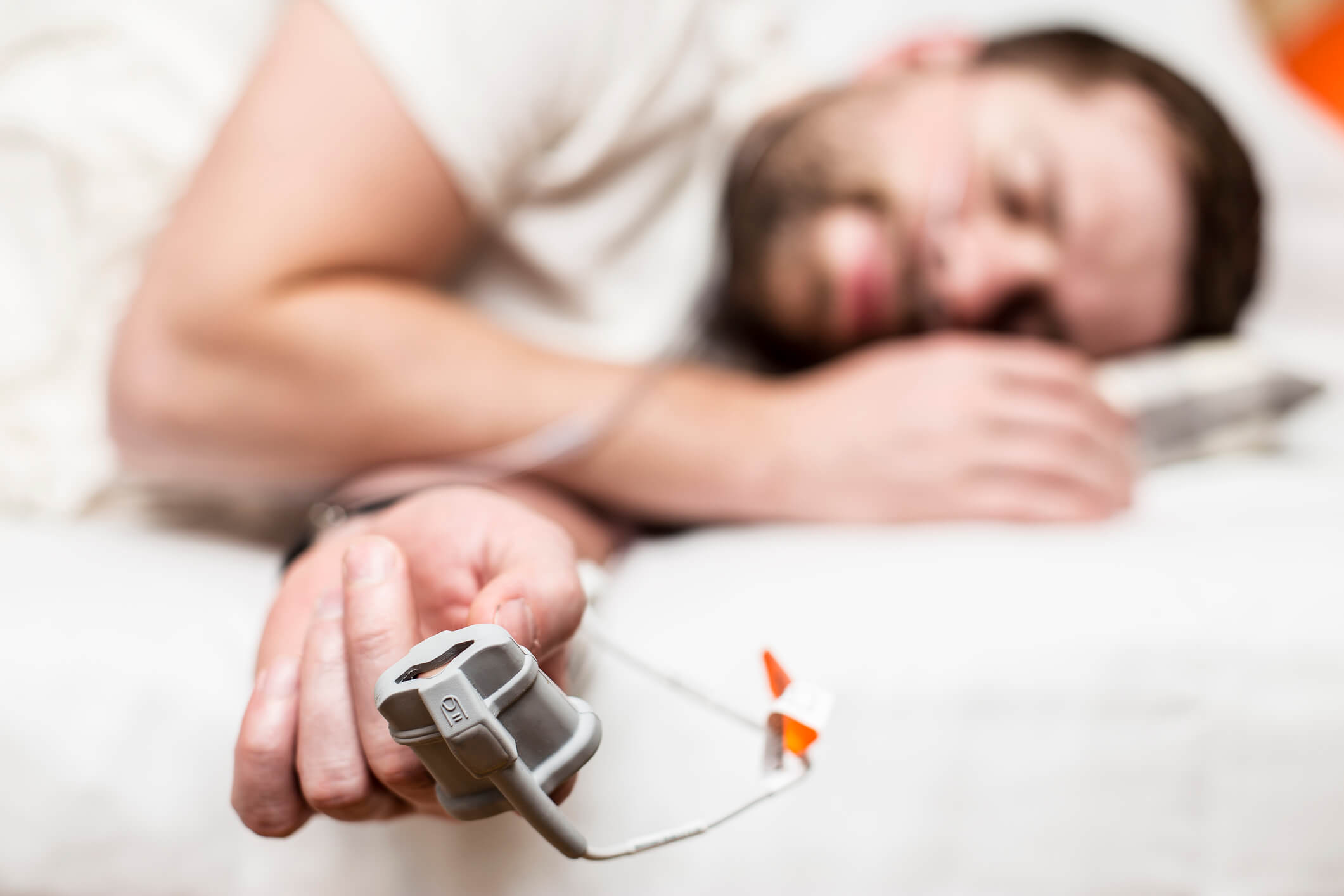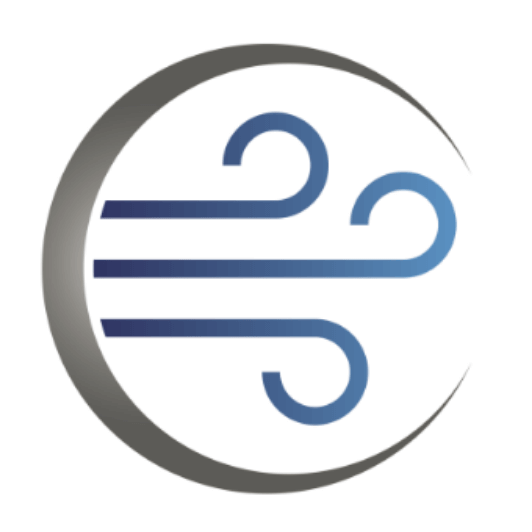Sleep Studies
In-Lab or At-Home Study: What is Best for Me?
Your sleep specialist can discuss your sleep study options and explore which test is best for you. At-home tests generally only diagnose breathing conditions, whereas in-lab studies diagnose a wider range of sleep conditions. This is due to more extensive equipment and testing.
Should your symptoms lend to a straightforward breathing-related sleep issue, you may choose an at-home study for convenience; however, for more complex cases, an in-lab study may be recommended for more extensive data.
Learn more about sleep studies below.
In-Lab Sleep Studies
At North Brisbane Sleep and Thoracic, we offer numerous in-lab sleep studies to inform the diagnosis of sleep conditions. Depending on your symptoms and needs, the specialists may recommend one of the following sleep studies.

Diagnostic Polysomnogram (PSG)
A diagnostic polysomnogram (PSG) involves staying overnight in our clinic, where specialists collect information about your sleep to inform diagnoses. This test is renowned as the “gold standard” of sleep studies.
You will arrive at the clinic at 8pm. Before you go to bed, a specialist will place sensors on your scalp, temples, chest, and legs using a mild adhesive. These sensors are connected to a computer by wires, which are long enough to allow normal movement. A small clip is also placed on your finger to monitor the level of oxygen in your blood.
The room is equipped with a video camera, which allows the sleep specialists to monitor your sleep, even when the lights are off. The room also includes an audio system, so specialists can listen and talk to you throughout the study.

During a PSG, staff will monitor your sleep from outside your room, collecting the following information through the sensors:
- Breathing patterns
- Heart and brain activity
- Oxygen levels
- Leg movements
This data, along with audio and video recordings, provide the specialists with the information needed to diagnose your sleep problem. You will be woken in the morning at approximately 5am, at which time you are free to leave.
At North Brisbane Sleep and Thoracic, you will stay in your own private, air-conditioned room with a television. There are showers and toilets on-site. You may bring items you use for your bedtime routine, and you can sleep in your own nightclothes. Staff are available for assistance during the night if you need.

CPAP Titration Study
The CPAP (continuous positive airway pressure) titration study is a diagnostic procedure for patients showing signs of sleep apnoea. Sleep apnoea is a common sleep disorder characterised by repeated interruptions in breathing during sleep, which can lead to numerous health concerns.
The CPAP titration study is used to determine the optimal air pressure level for patients. This informs the level the CPAP machine should be set to at home.
A split-night study may be performed – where a PSG is conducted for half the night and a CPAP titration study for the second half – to confirm an apnoea diagnosis.
You will arrive at the sleep lab in the evening, and a specialist will help you prepare for the study. This includes attaching various sensors to monitor breathing patterns, heart rate, brain activity, oxygen levels, and movement. A CPAP mask is also selected and fitted to your face. You will then be monitored throughout the night by our staff.
Initially, you may sleep without the CPAP to establish a baseline of sleep and breathing patterns. Then, staff will start the CPAP machine at a low pressure and gradually increase it based on your response.
The goal is to find the minimum CPAP pressure that effectively eliminates sleeping issues, while ensuring the patient’s oxygen levels remain stable. Staff may make adjustments throughout the night, fine-tuning the CPAP pressure to ensure it is optimal for different sleep stages and positions.
Based on the results, the sleep specialist will recommend the appropriate CPAP machine settings for the patient to use at home. Overall, the in-lab CPAP titration study promotes effective treatment of sleep apnoea, and improves the patient’s overall quality of sleep and health.
At-Home Sleep Studies
Depending on your symptoms and needs, diagnosis of your sleep disorder may be possible in the comfort of your own home. This is often the case for simple sleep apnoea conditions. Once fitted with our portable equipment, you can go home and sleep normally whilst our specialised equipment monitors your sleep patterns, providing valuable information to your treating specialist. Equipment used may include:
- Breathing sensor
- Pulse oximeter
- Microphone
- Specialised belt
- Data devices
Such equipment can monitor your breathing patterns, heart rate, and blood oxygen levels.
After this at-home study, you will return the equipment to North Brisbane Sleep and Thoracic, and the clinic will provide information regarding your results.
Contact us to book an appointment
Visit us at either our Clayfield or North Lakes location and experience compassionate care in a comfortable environment, tailored to meet your unique needs.

